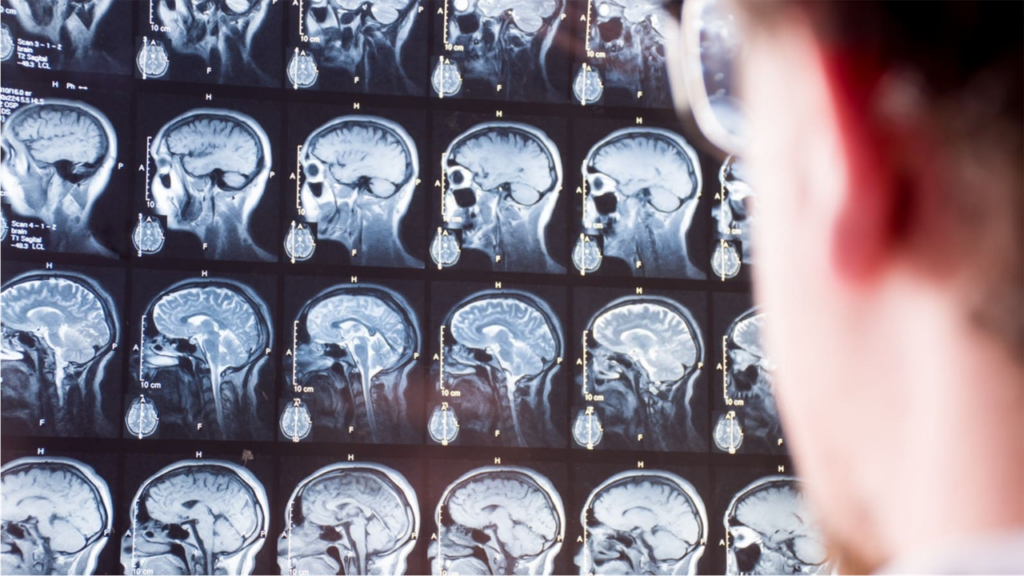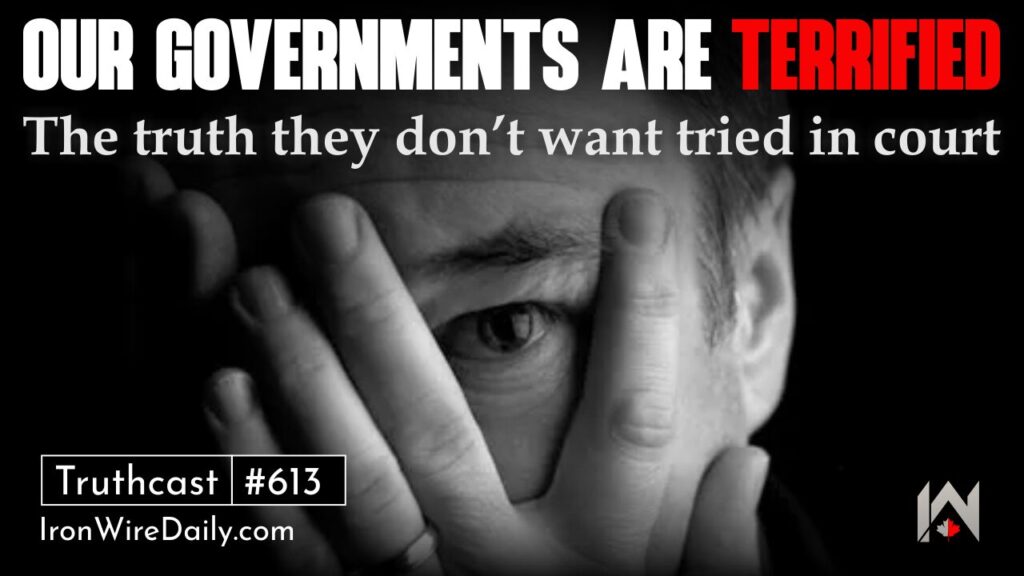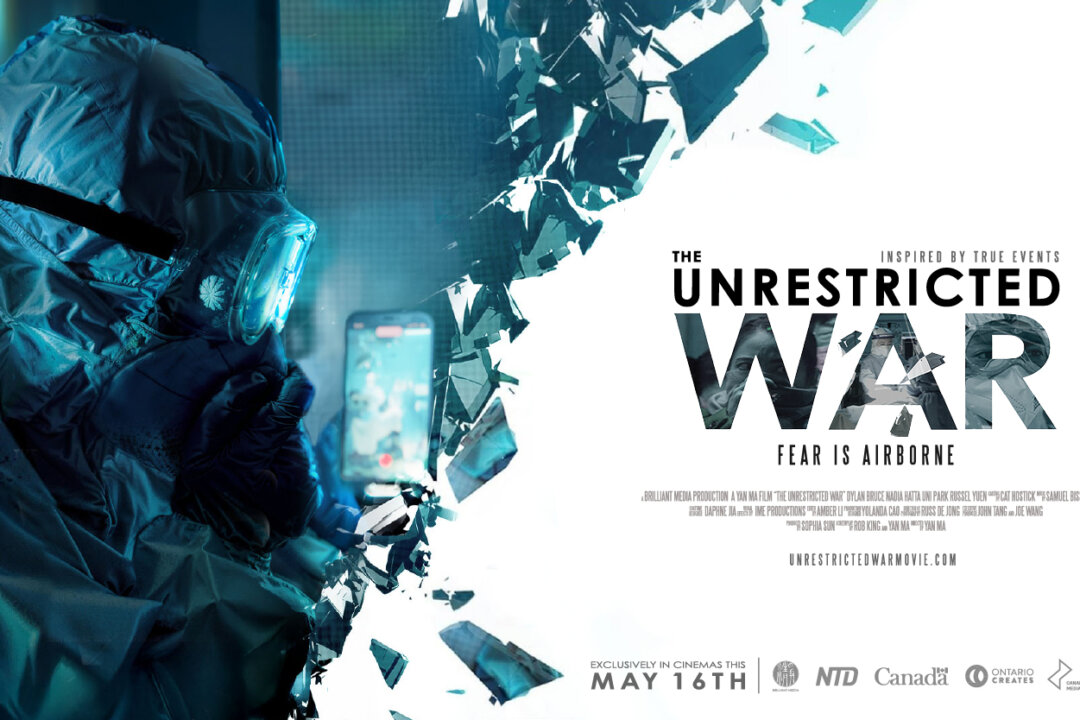Ronald W. Pies, MD testimony opposing Massachusetts assisted suicide bill.
This testimoney was sent to the Euthanasia Prevention Coalition with permission to publish.
 |
| Dr Ronald Pies |
Written Testimony of Ronald W. Pies, MD
Massachusetts psychiatric physician and medical ethicist
In opposition to H. 2505/S.1486 MASSACHUSETTS END OF LIFE OPTIONS ACT
Submitted to Massachusetts Joint Committee on Public Health – March 29, 2025
Dear Committee Members:
As a Massachusetts psychiatrist and medical ethicist, I write in firm opposition to H.2505/S.1486 MASSACHUSETTS END OF LIFE OPTIONS ACT—bills that would effectively legalize physician-assisted suicide (PAS) in Massachusetts.
First, it is important to note the profound ethical problems inherent in the practice of PAS, misleadingly called “aid in dying” in some contexts. (PAS does not “aid” the natural dying process; rather, it terminates dying by terminating the patient, via provision of lethal drugs). The American Medical Association; the American Psychiatric Association; the American College of Physicians; and the National Council on Disability have all rejected physician-assisted suicide. [1] Neither the Massachusetts constitution nor the U.S. Constitution contains a right to assisted suicide; therefore, no individual has the right to authorize another to kill him or her in violation of federal and state criminal laws. (Washington v. Glucksberg, 521 U.S. 702, 735 (1997). Instead, Massachusetts has an unqualified interest in the preservation of human life. Furthermore, in the Massachusetts case of Kligler v. Att’y Gen., 491 Mass. 38, 70 (2022), the court rejected claims that a person has a “right” to assisted suicide. The court found no basis to “conclude that physician-assisted suicide ranks among those fundamental rights protected by the Massachusetts Declaration of Rights.”
Contrary to popular misconceptions, the vast majority of persons requesting PAS are not in the grip of severe, intractable pain and suffering [2]. As data from Oregon have shown, the most common reasons for requesting medical aid in dying were fears regarding loss of autonomy (97.2%), inability to engage in enjoyable activities (88.9%), and loss of dignity (75.0%) [3] These understandable fears are best dealt with via empathic, face-to-face counseling and psychotherapy—not with the ingestion of poison.
Furthermore, a peaceful death is by no means guaranteed using current methods of PAS, as a recent piece by Lo pointed out:
“Physicians who support PAD need to consider how to address the potential for adverse outcomes, including longer time to death than expected (up to 24 hours or more), awakening from unconsciousness, nausea, vomiting, and gasping.” [4]
Data collected between 1998 and 2015 showed that the time between ingestion of lethal drugs and death ranged from 1 minute to more than 4 days. During this same period (1998-2015), 27 cases (out of 994) involved difficulty ingesting or regurgitating the drugs, and there were 6 known instances in which patients regained consciousness after ingesting the drugs. However, it is difficult to know the actual rate of drug-induced complications, because in the majority (54%) of cases between 1998 and 2015, no health care professional was present to attend and observe the patient’s death [5].
This last point highlights an additional ethical flaw in so-called “end of life options” bills, including H. 2505/S.1486: they do not require the presence of a physician or other medical personnel at the time the patient ingests the lethal drugs. In addition to denying the patient medical oversight of the suicide, this amounts to abandonment on the part of the physician who authorized the assisted suicide. To compound the ethical lapse, the physician is then permitted to falsify the cause of the patient’s death; i.e., “The attending physician may sign the patient’s death certificate which shall list the underlying terminal disease as the cause of death” (lines 195-196 H. 2505/S.1486 ). This is plainly fraudulent, unethical, and inimical to research aimed at tracking the natural course of terminal illnesses.
A major failing of this bill is its ambiguity regarding the concept of “terminal illness.” The bill defines “Terminally ill”, as “having a terminal illness or condition which can reasonably be expected to cause death within 6 months, whether or not treatment is provided.” [italics added]. The phrase “whether or not treatment is provided” is vague and indecipherable. Does this mean that if a patient with, say, type 1 diabetes or anorexia nervosa refuses evidence-based treatment—and thus, is likely to die within 6 months—the patient nevertheless meets the criterion for “terminal illness”? Would a patient with a potentially fatal but treatable infectious disease who refuses treatment be classified as “terminally ill?” Such an interpretation radically distorts the historical meaning of the term “terminally ill.” Moreover, in practice, there are significant limitations in a physician’s ability to predict patient outcomes; this is true even for end-of-life physician specialists. For example, in a study of 364 doctors who provided survival estimates for 468 terminally ill patients, only 20% of predictions were accurate.[6]
Psychiatric and Medico-legal Considerations
As a psychiatrist, I find the bill’s safeguards against missing underlying psychiatric illness—which may compromise informed consent—woefully inadequate. Yes, the bill does mandate (section 8) that:
“…An attending physician shall refer a patient who has requested medical aid in dying medication under this chapter to counseling to determine that the patient is not suffering from a psychiatric or psychological disorder or depression causing impaired judgment. The licensed mental health care professional shall review the medical history of the patient relevant to the patient’s current mental health and then shall submit a final written report to the attending physician.”
However, the bill defines licensed mental health professional very broadly, as “…a treatment provider who is a psychiatrist, psychologist, psychiatric social worker or psychiatric nurse and others who by virtue of education, credentials and experience are permitted by law to evaluate and care for the mental health needs of patients.” In what is literally a life-or-death determination, it is far from clear that the average “mental health professional” possesses the requisite skill set to assess mental capacity in the setting of terminal illness—an assessment that would challenge the skills of even a forensic psychiatrist.
Furthermore, there is no requirement in the bill for psychological evaluation at or very near the actual time of lethal drug ingestion, despite the fact that the patient’s mental status and mental capacity may fluctuate from day to day or week to week, in the course of a terminal illness. In addition, it seems that the bill would permit evaluation and “counseling” of the patient without even a face-to-face meeting; i.e., the process could be conducted via “telemedicine”—to my knowledge, a completely untested method of determining mental capacity or providing counseling in the context of a terminal illness.
Finally, there are no well-defined procedures specified in the bill by which any unused lethal drugs would be located and disposed of, in the event the patient elects not to ingest them. The bill merely states, “Any medical aid in dying medication dispensed under this chapter that was not self-administered shall be disposed of by lawful means. The medication dispenser shall be responsible for informing the individual collecting the medication what disposal by lawful means entails.” This says nothing about when the unused medication shall be disposed of—a day after the patient decides not to ingest it? A week? A month? What about the risk that in the interim, a family member—perhaps a young child—will happen upon the lethal medication and ingest it? A recent report in the Journal of Emergency Medical Services reveals that this possibility is not merely theoretical. [7] Do Massachusetts physicians really want to assume medico-legal liability in such a scenario? The bills as written are an invitation to litigation.
Conclusion
End-of-life care deserves far better than effectively handing terminally ill patients a bottle of lethal drugs—a practice that flies in the face of more than two millennia of Hippocratic medical practice. As Dr. John R. Peteet and I have argued, physician-assisted suicide will lead to “distorting the physician’s role; cheapening individual life; and abandoning the most vulnerable people” at their time of most urgent need. Surely as a society we can do better, by providing optimal, accessible psychiatric and palliative care. [8] As physician and medical ethicist Dr. Leon Kass eloquently put it,
“The legalization of physician-assisted suicide [perverts] the medical profession by transforming the healer of human beings into a technical dispenser of death. For over two millennia the medical ethic . . . has held as an inviolable rule, “Doctors must not kill.” The venerable Hippocratic Oath clearly rules out physician-assisted suicide. Without this taboo, medicine ceases to be a trustworthy and ethical profession. . . . We need to care for the dying, not make them dead.” [9]
Respectfully,
Ronald W. Pies, MD ronwpies@gmail.com
Professor Emeritus of Psychiatry
Lecturer on Bioethics & Humanities
SUNY Upstate Medical University;
Clinical Professor Emeritus of Psychiatry
Tufts University School of Medicine
References
1. Snyder Sulmasy L, Mueller PS; Ethics, Professionalism and Human Rights Committee of the American College of Physicians. Ethics and the Legalization of Physician-Assisted Suicide: An American College of Physicians Position Paper. Ann Intern Med. 2017 Oct 17;167(8):576-578. doi: 10.7326/M17-0938. Epub 2017 Sep 19. PMID: 28975242.
2. https://www.hcplive.com/view/twelve-myths-concerning-medical-aid-in-dying-or-physicianassisted-suicide
3. Loggers ET, Starks H, Shannon-Dudley M, Back AL, Appelbaum FR, Stewart FM. Implementing a Death with Dignity program at a comprehensive cancer center. N Engl J Med. 2013;368(15):1417-1424. doi: 10.1056/NEJMsa1213398
4. Lo B. Beyond legalization – dilemmas physicians confront regarding aid in dying. N Engl J Med. 2018;378(22):2060-2062. doi: 10.1056/NEJMp1802218.
5. Oregon Health Authority, Public Health Division, Center for Health Statistics. Oregon Death With Dignity Act: data summary 2016. oregon.gov/oha/PH/PROVIDERPARTNERRESOURCES/EVALUATIONRESEARCH/DEATHWITHDIGNITYACT/Documents/year19.pdf. Published February 10, 2107. Accessed June 6, 2018.
6. Nicholas A. Christakis, Extent and Determinants of Error in Doctors’ Prognoses in Terminally Ill Patients: Prospective Cohort Study, 7233 THE BMJ 469, 469-73 (2000).]
7. Death with Dignity: When the Medical Aid in Dying Cocktail Gets into the Wrong Hands. https://www.jems.com/patient-care/death-with-dignity-when-the-medical-aid-in-dying-cocktail-gets-into-the-wrong-hands
8. https://www.telegram.com/story/opinion/columns/2023/01/29/dr-john-peteet-and-dr-ronald-pies-oppose-physician-assisted-death/69831539007/
9. Kass LR. Dehumanization Triumphant. 1996. See: https://www.psychiatrictimes.com/view/deferring-mastery-death-hippocrates-judge-gorsuch-and-autonomy-fallacy













